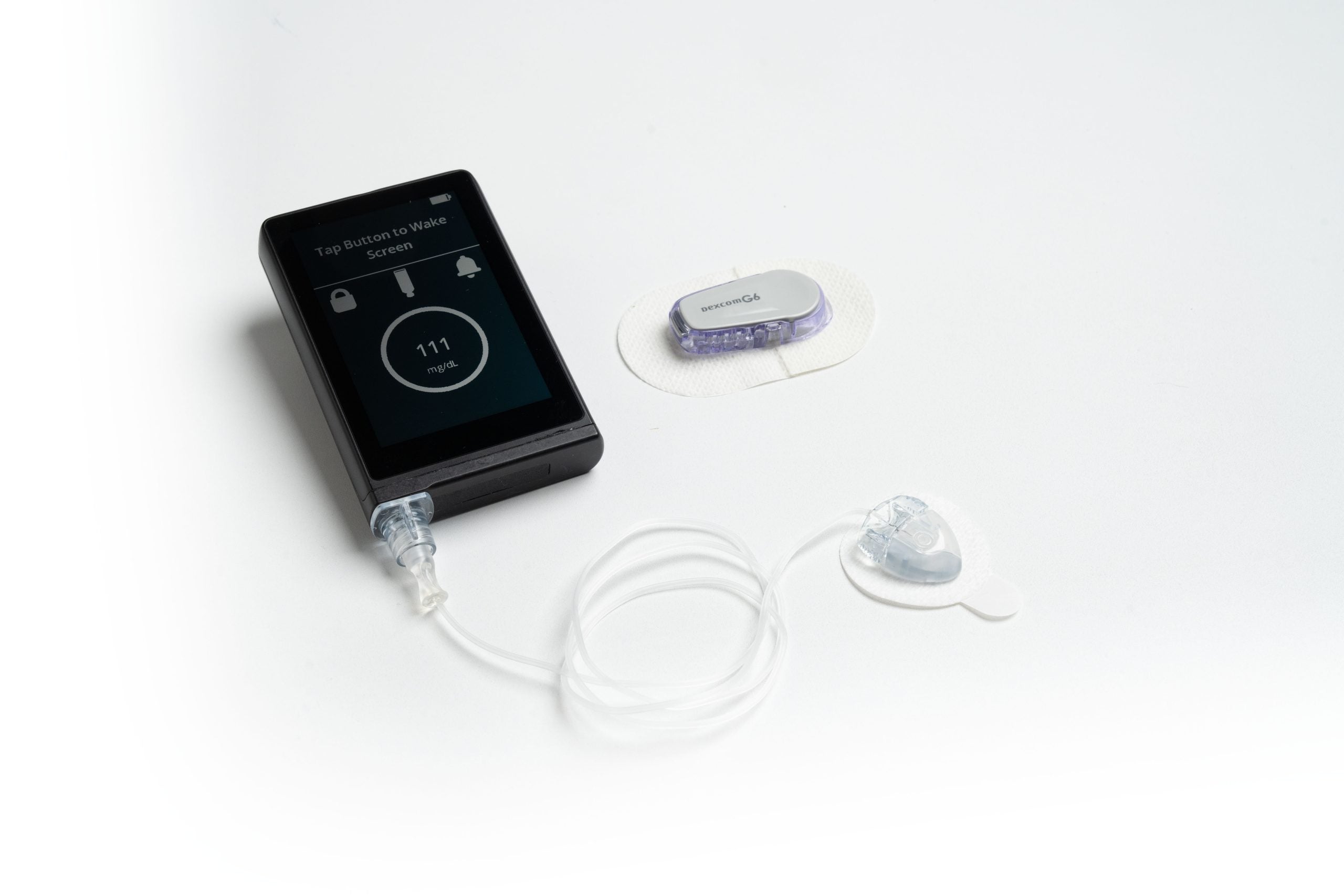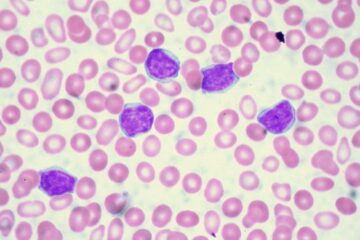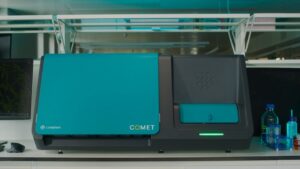<!–
–>

Chronic disease tech company Convatec Group has partnered with Beta Bionics to manufacture the insulin delivery system iLet Bionic Pancrease.
According to Beta Bionics, this is the only first and only automated insulin delivery system that carries 100% of doses and does not require carb counting. The device received US Food and Drug Administration 510(k) clearance last week for those ages six years and above living with type 1 diabetes. It will now be made at Convatec’s manufacturing sites in Mexico.
The artificial pancreas, which is paired with Dexcom G6 continuous glucose monitoring (CGM) system, analyses blood sugar levels and adjusts the dose of insulin accordingly. The hands-off approach to diabetes management relies on Beta Bionic’s dosing algorithm. It only requires the user’s weight and CGM target values.
CGM has become increasingly popular as technological advancements continue to facilitate easier health management. Coupled with health institutions and device manufacturers teaming up, such as a partnership between National Health Services (NHS) and Dexcom to roll out CGM monitors to diabetes patients in the UK, insulin delivery systems have been claiming space in a growing market.
The ease of the iLet, which was “designed to alleviate the work of diabetes management in everyday life and nearly eliminate the expertise that has been required to set up and manage a traditional insulin pump” as Convatec released in a statement, juxtaposes the very complex landscape of insulin at the moment.
In recent months, Insulin prices reached dizzying heights, forcing the US government to apply cost caps on the treatment. All three pharma manufacturers of insulin – Novo Nordisk, Sanofi, and Eli Lilly – have since announced price reductions.
A report from October 2022 published in the British Medical Journal found that insulin access inequity is widespread, with many low-income countries having limited access to the drug. There have been adverse consequences of unattainably high drug costs, with consumers starting to turn to illegal online pharmacies to find cheaper alternatives.
In February 2023, Lilly agreed to supply its active pharmaceutical ingredient for insulin at a reduced price in Bangladesh to improve accessibility to the drug, as the three insulin players attempt to increase treatment access programmes.
A market model by GlobalData predicts the global insulin pump market will be worth $14.1bn by 2033. A key factor in this target being reached is the flux in insulin pricing to stabilise and worldwide accessibility and affordability to be increased.
<!– GPT AdSlot 3 for Ad unit 'Verdict/Verdict_In_Article' ### Size: [[670,220]] —
!– End AdSlot 3 –>
- SEO Powered Content & PR Distribution. Get Amplified Today.
- PlatoAiStream. Web3 Data Intelligence. Knowledge Amplified. Access Here.
- Minting the Future w Adryenn Ashley. Access Here.
- Buy and Sell Shares in PRE-IPO Companies with PREIPO®. Access Here.
- Source: https://www.medicaldevice-network.com/news/beta-bionics-automated-insulin-delivery-system-picks-up-manufacturing-partner/
- :has
- :is
- :not
- $UP
- 1
- 2023
- 220
- a
- above
- access
- accessibility
- accordingly
- active
- Ad
- administration
- advancements
- adverse
- Ages
- algorithm
- All
- alleviate
- alternatives
- and
- announced
- Apply
- approach
- artificial
- AS
- At
- Automated
- Bangladesh
- BE
- become
- been
- being
- beta
- between
- blood
- by
- caps
- cheaper
- claiming
- company
- complex
- Consequences
- Consumers
- continue
- continuous
- Cost
- Costs
- counting
- countries
- coupled
- credit
- delivery
- device
- Diabetes
- Disease
- dizzying
- does
- drug
- ease
- easier
- eliminate
- end
- everyday
- expertise
- facilitate
- factor
- February
- Find
- First
- FLUX
- food
- Food and Drug Administration
- For
- from
- Global
- GlobalData
- Government
- Group
- Growing
- Have
- having
- Health
- health services
- High
- HTTPS
- image
- improve
- in
- Increase
- increased
- increasingly
- institutions
- IT
- ITS
- journal
- jpg
- juxtaposes
- Key
- key factor
- landscape
- Last
- levels
- Life
- Limited
- limited access
- living
- made
- manage
- management
- Manufacturers
- manufacturing
- many
- Market
- medical
- Mexico
- model
- moment
- monitoring
- monitors
- months
- National
- nearly
- NHS
- Novo
- Novo Nordisk
- now
- october
- of
- on
- online
- only
- out
- paired
- partner
- partnered
- Partnership
- patients
- Pharma
- Pharmaceutical
- Picks
- plato
- Plato Data Intelligence
- PlatoData
- players
- Predicts
- price
- Prices
- pricing
- programmes
- published
- pump
- reached
- recent
- Reduced
- released
- require
- required
- requires
- Roll
- Services
- set
- Share
- since
- Sites
- SIX
- Size
- Space
- Starting
- Statement
- such
- system
- Systems
- Target
- teaming up
- tech
- Tech Company
- technological
- that
- The
- the UK
- There.
- this
- those
- three
- to
- traditional
- treatment
- TURN
- type
- Uk
- unit
- us
- us government
- Values
- very
- was
- week
- weight
- which
- widespread
- will
- with
- Work
- worldwide
- worth
- years
- zephyrnet












